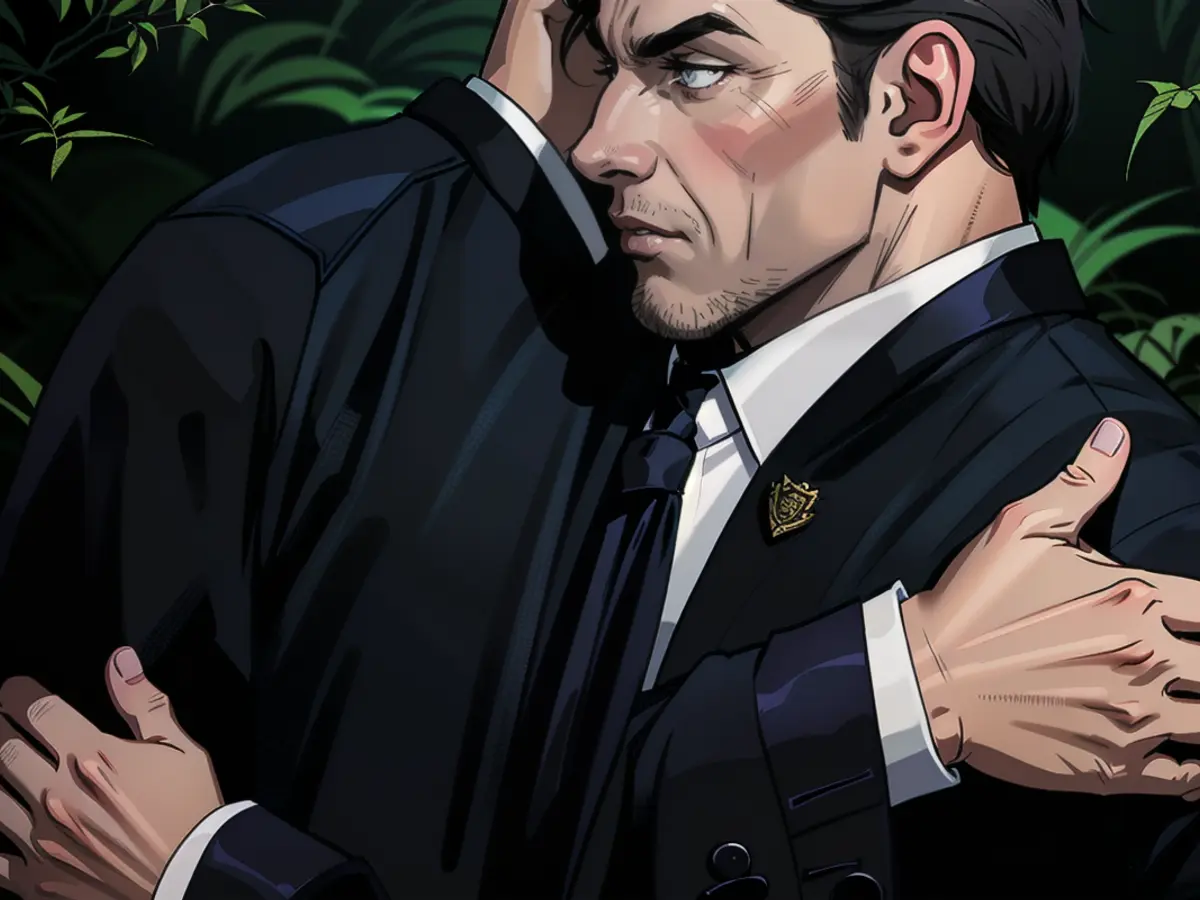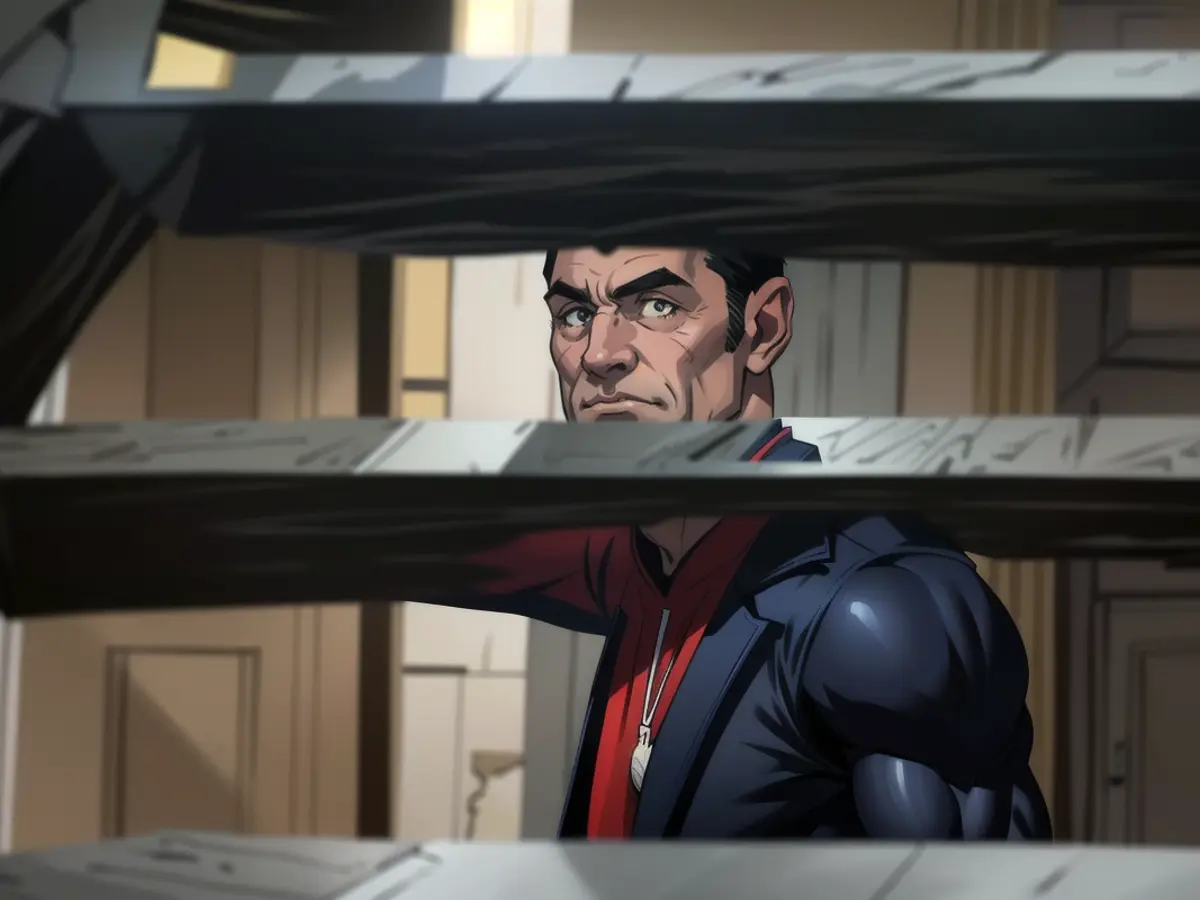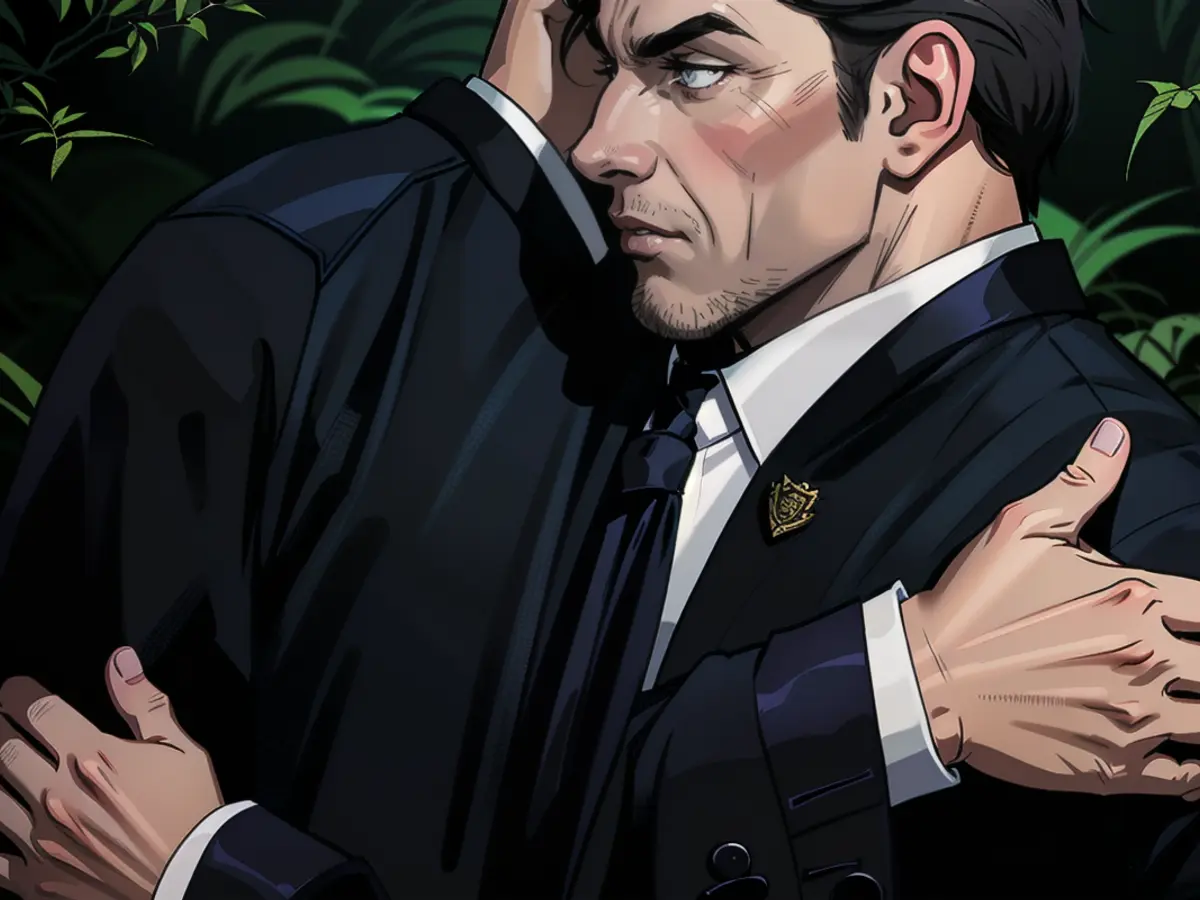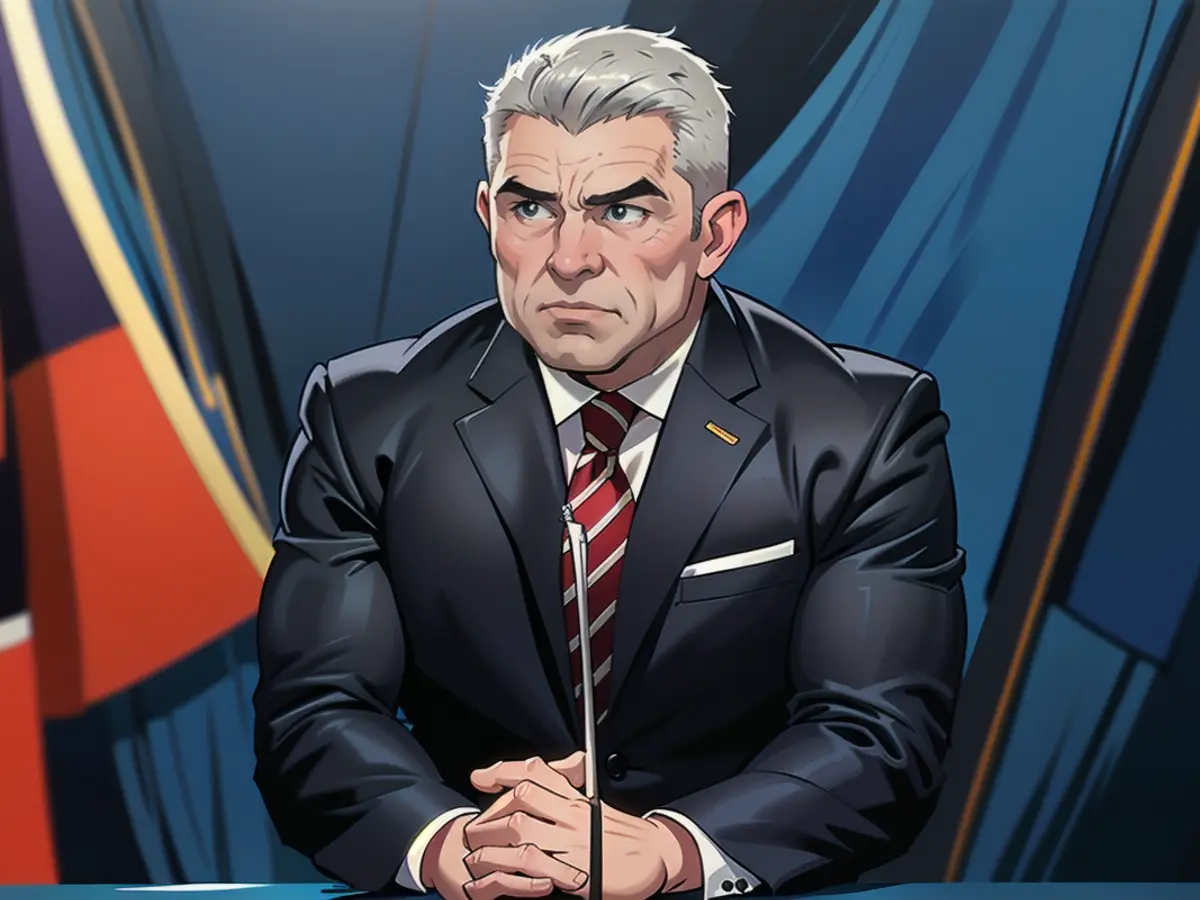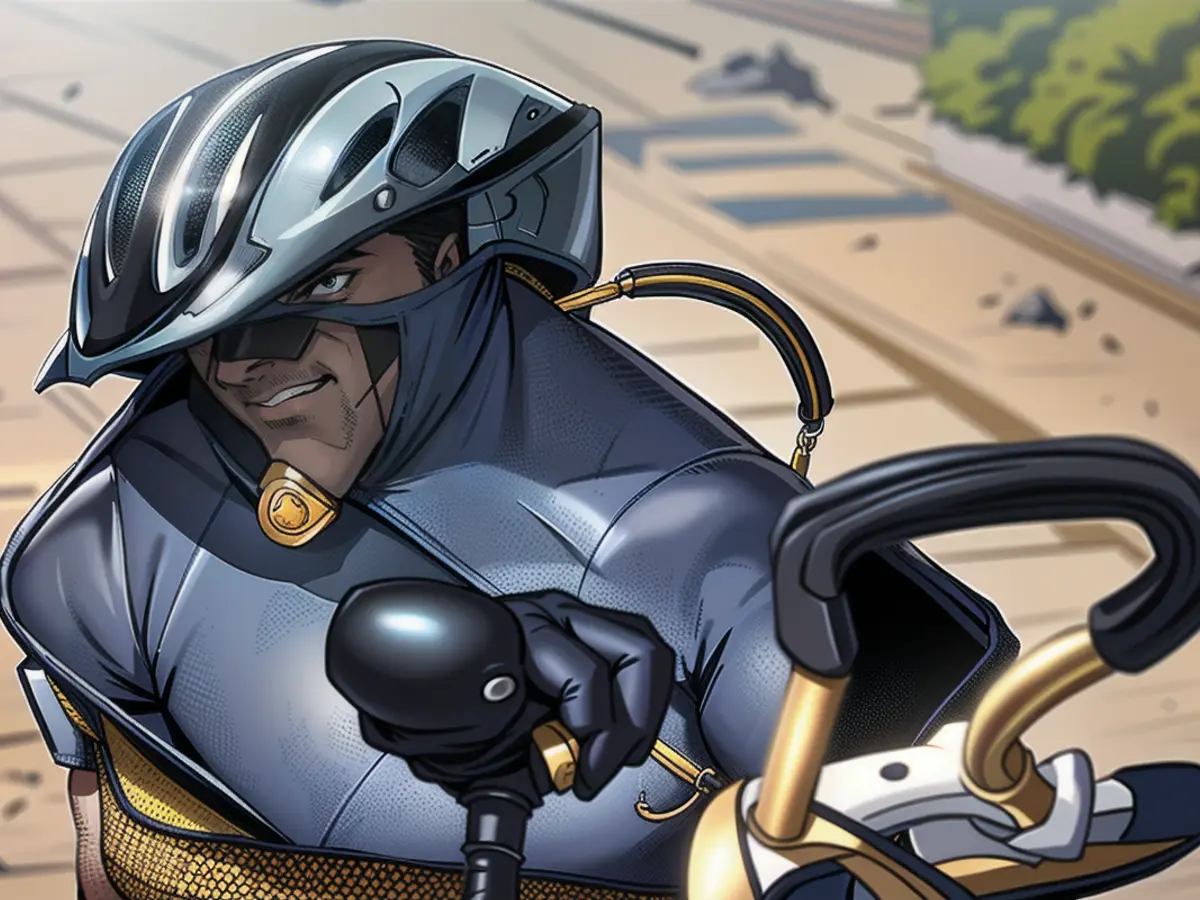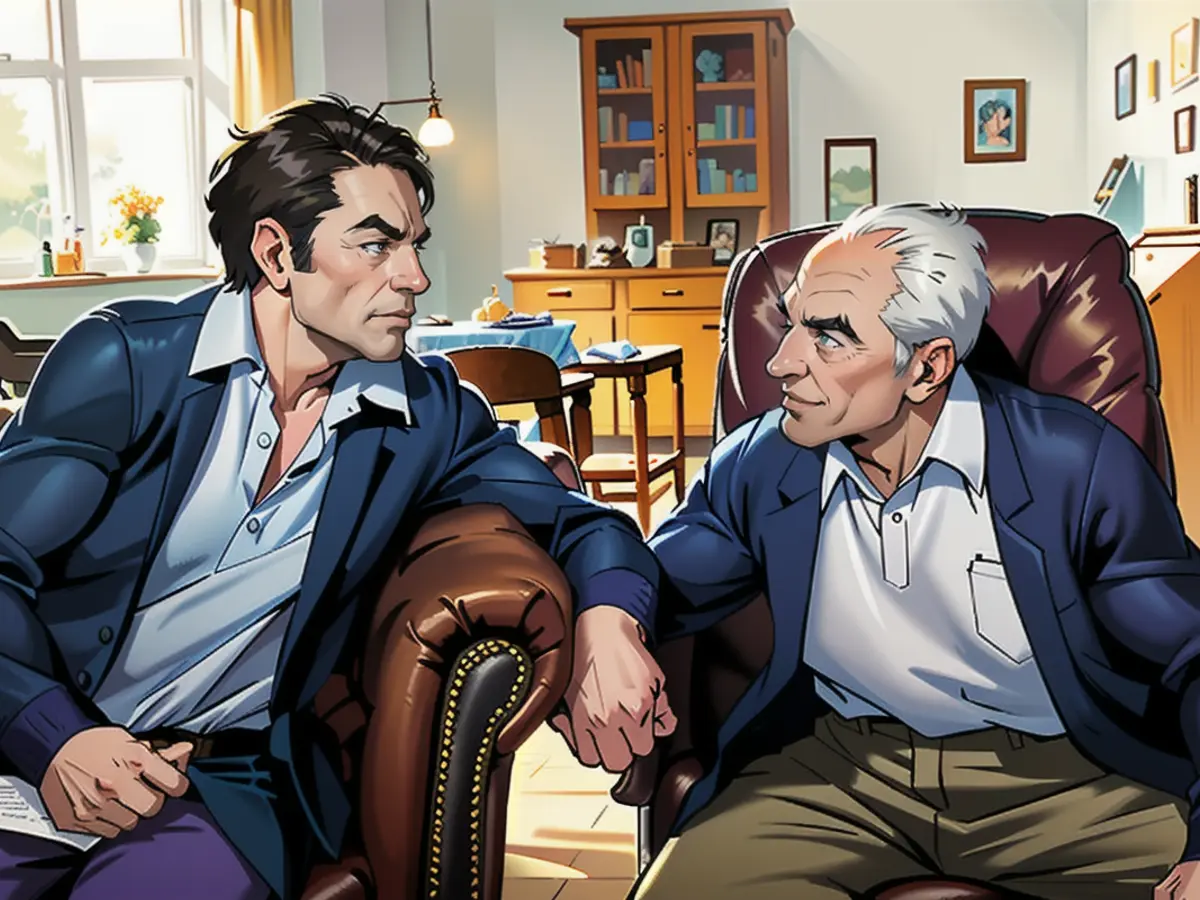Highlights from Day 11 of the Hush Money Trial: Hope Hicks Offers Testimony
Hicks appeared uneasy throughout her testimony, avoiding eye contact with Trump while she answered questions from the prosecution for over two hours. When the prosecution finished asking their questions, Trump's lawyer took over, and Hicks began crying while testifying. She took a short break and then continued her testimony.
During her time on the stand, Hicks shared the transcript of the infamous "Access Hollywood" tape that played a significant role in Trump's election campaign. The Manhattan District Attorney's Office believes this tape sparked Trump's concern about keeping Stormy Daniels quiet before the 2016 election.
On Monday, a new witness will take the stand in court. Trump's White House aides, Trump Organization employees, Daniels, and Michael Cohen are still on the list of potential witnesses for the prosecution.
Here are the key takeaways from day 11 of the trial regarding Trump's hush money case:
Hicks Describes the "Access Hollywood" Crisis and Denies Daniels' Allegations
Hicks seemed anxious while on the stand, fidgeting with the microphone and expressing her nervousness. Trump had a grim expression throughout the trial, frequently passing notes with his lawyers while glancing at the TV screen. Hicks, on the other hand, kept her focus on the assistant district attorney and the jury.
Most of Hicks's testimony revolved around her role in the Trump campaign in October 2016, just before Election Day. Prosecutors inquired about what happened when the "Access Hollywood" tape was released.
"The tape caused a crisis," Hicks said.
The aftermath of the tape influenced how the campaign dealt with the Wall Street Journal report on Karen McDougal's deal with American Media, Inc. not to speak about her alleged affair in exchange for a $150,000 agreement. The WSJ story mentioned Daniels as well.
Hicks, then a campaign spokesperson, denied any affairs with either woman when speaking to the Wall Street Journal.
Hicks was asked about her conversations with Trump and Michael Cohen on the matter.
"Whatever I told to the Wall Street Journal was told to me," Hicks said, referring to her denial about the Daniels allegations.
Trump's attorney, Emil Bove, guided Hicks into testifying that Trump was also worried about how his family would react to the stories. Trump wanted his family to be proud of him, according to Hicks.
Jurors Hear How Trump Reacted to the "Access Hollywood" Tape
The jury viewed a full transcript of the "Access Hollywood" tape, showcasing Trump's infamous comments about "grabbing women by the p*ssy" and other vulgar language the campaign rejected as "locker room talk." They did not, however, hear the actual tape since the judge deemed it prejudicial to the jury.
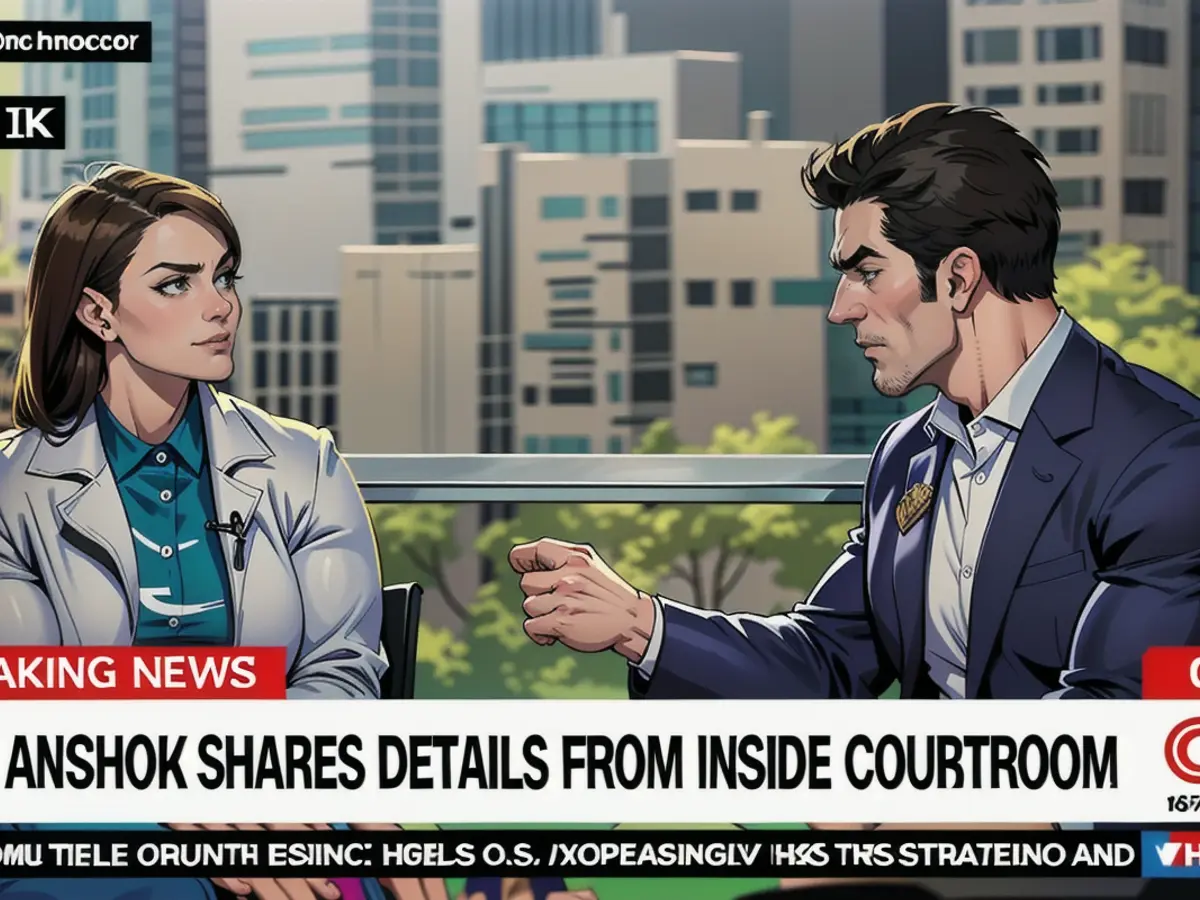
Hicks provided a glimpse into the chaos surrounding the Trump campaign following the Washington Post story on October 7, 2016. She first came across the tape when a reporter emailed her seeking comment for his story that day.
"I was concerned," Hicks testified about her thoughts at the time. "I was concerned about the contents of the email. I was concerned about the lack of time to respond. I was concerned we had a transcript without a tape. There was a lot to consider."
Hicks forwarded the email to several Trump campaign staffers, including Kellyanne Conway.
"FLAGGING," Hicks wrote in the email, with two notes: "1) Need to hear the tape, to be sure. 2) Deny, deny, deny."
"Strategy number two was going to be a little more difficult," Hicks said, chuckling on the stand.
Hicks recalled speaking with Trump about the tape when the story was first published, together with other senior staffers like Steve Bannon, Kellyanne Conway, Jared Kushner, and Jason Miller, at Trump Tower.
"He said that didn't sound like something he would say," Hicks testified, noting that Trump wanted to view the actual tape. Once Trump saw the tape, he was angry.
Hicks added, "in that moment" she was not particularly concerned about the impact on female voters, but this crossed her mind a few hours later or the following day.
"He didn't want to offend anybody," Hicks said of Trump. "I think he felt like it was pretty standard stuff for two guys talking."
Prosecutors Are Getting Closer to the Alleged Crime
The prosecution has spent the last two weeks delving into the details of the negotiations leading to the hush money payments made to McDougal and Daniels before the 2016 election.
However, these payments are not illegal in and of themselves. Trump is facing 34 charges of falsifying business records, alleging he used a specific method to hide how Cohen was repaid for his payment of $130,000 to Daniels to maintain her silence before the 2016 election.
Hicks' testimony brought prosecutors closer to the repayment and the potential charges.
They grilled Hicks about the reactions in the White House when news surfaced on Cohen's payment to Daniels back in 2018. Initially, Cohen claimed the payment was his own decision and not something Trump knew about. Hicks testified that Trump informed her Cohen admitted to paying Daniels on his own accord after issuing a statement to the New York Times.
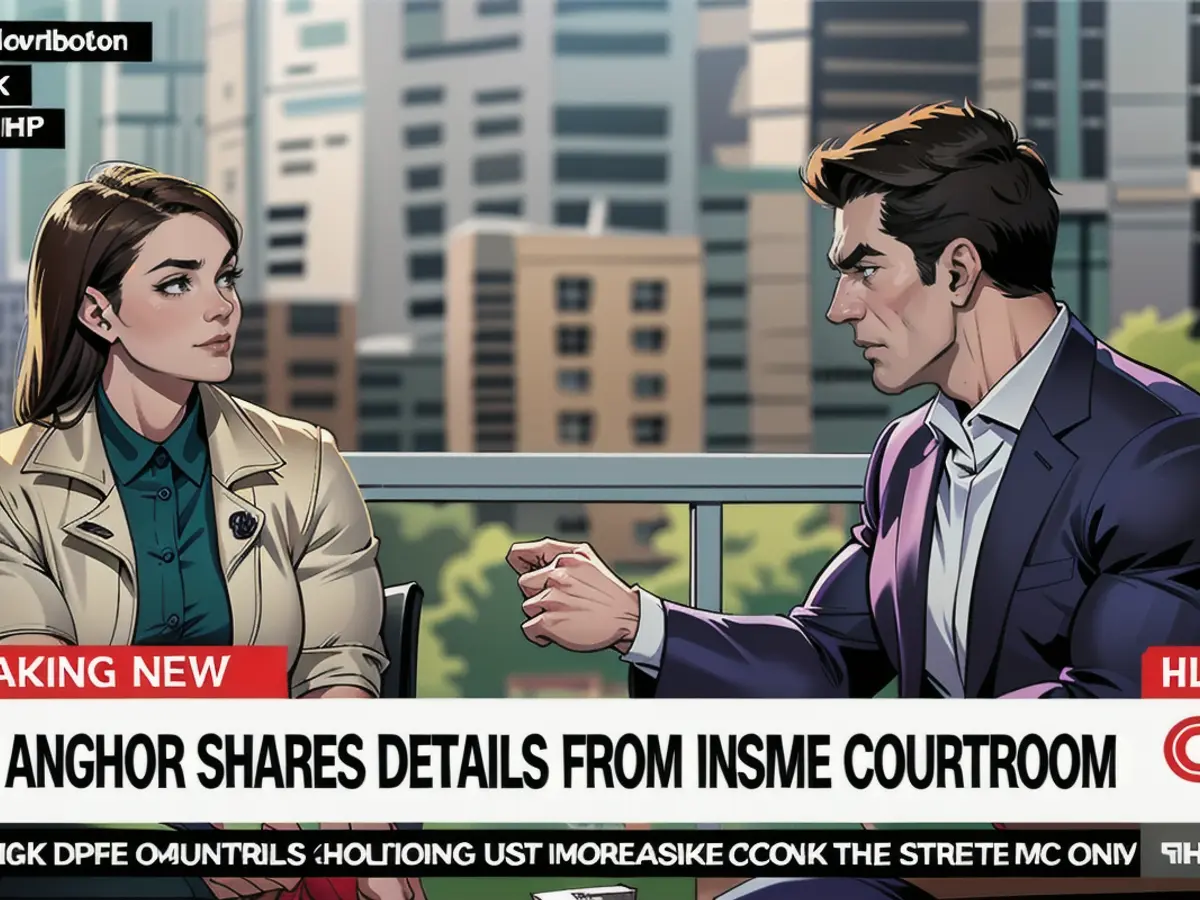
Colangelo jokingly questioned Hicks if it seemed like Cohen's character to simply pay Daniels out of his own generosity. "Not really," she replied. "I didn't know Cohen as someone particularly benevolent or altruistic."
Hicks also stated that Trump believed it was better for the story to surface at that time, in 2018, as opposed to before the 2020 election. "That was Mr. Trump's viewpoint," she said. "He thought it was preferable to be dealing with it now as opposed to having the tale surface before the election."
Hicks confessed she wasn't privy to the details of the payments or repayments for the hush money but prepared the stage for future witnesses to share their perspective with jurors.
During the trial, Trump's legal team persisted in assaulting Cohen's credibility. In cross-examination, his lawyers pushed for Hicks to verify that Cohen operated independently and did things without being authorized by the campaign.
"He'd often present himself as a fixer or 'Mr. Fix it'," she chuckled. "Honestly, he only managed to fix things because he'd initially caused the problem himself."
Cohen's phone examination also sparked a debate. Trump's lawyers were eager to question the integrity of the digital forensics expert, Douglas Daus, who analyzed Cohen's phones. They even attempted to secure a subpoena for the Manhattan district attorney's employee in charge of the device when it was obtained before going to Daus' department.
"We want to challenge the integrity of evidence DANY will present from Cohen's phones, and this is vital for cross-examining Cohen about the lack of integrity in DANY's investigation," they asserted in the letter.
Daus, who provided a crucial September 2016 recording on Cohen's phone, admitted he had no clue about what Cohen had done to his phone when it was synced with a laptop in 2017. He used the device again in 2020.
Prosecutors insisted the defense bring forth any evidence of manipulation or tampering on the data they obtained. "Did you discover any tampering or tampered data related to the recording that's relevant to the case?" they asked.
"No, I didn't," Daus responded.
As Trump continues his furious battle against the gag order handed down by Merchan that curtails him from discussing potential witnesses and most individuals associated with the court or the New York district attorney's office, he now realizes the gag order doesn't hinder his ability to testify.
"The order banning extrajudicial statements doesn't limit your ability to testify in any way," Merchan made clear in court Friday. "It doesn't disrupt what you can say."
Trump complied with the $9,000 fine for infringing the gag order by using two cashier's checks. Although the judge didn't issue a ruling on the additional alleged gag order breaches against Trump.
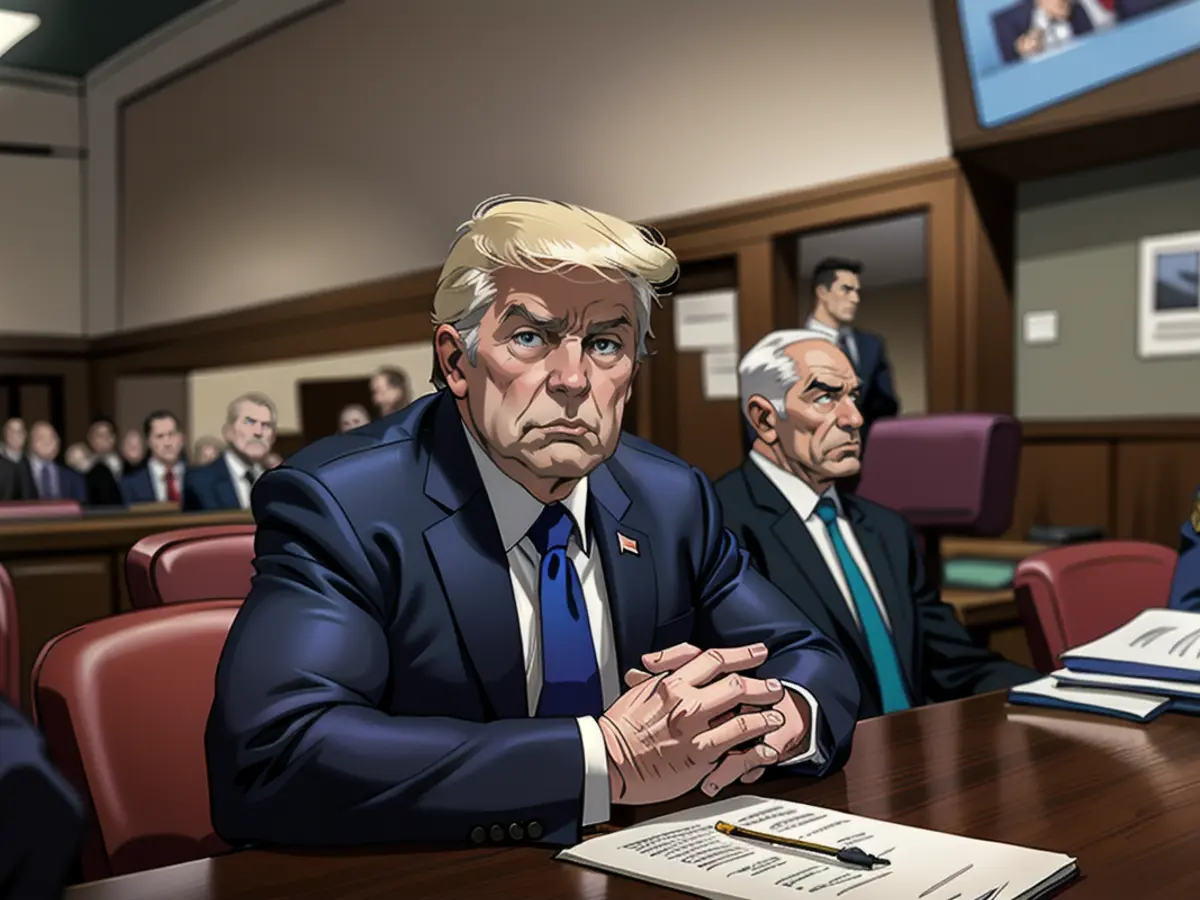
Read also:
- Year of climate records: extreme is the new normal
- Precautionary arrests show Islamist terror threat
- UN vote urges Israel to ceasefire
- SPD rules out budget resolution before the end of the year
Source: edition.cnn.com

